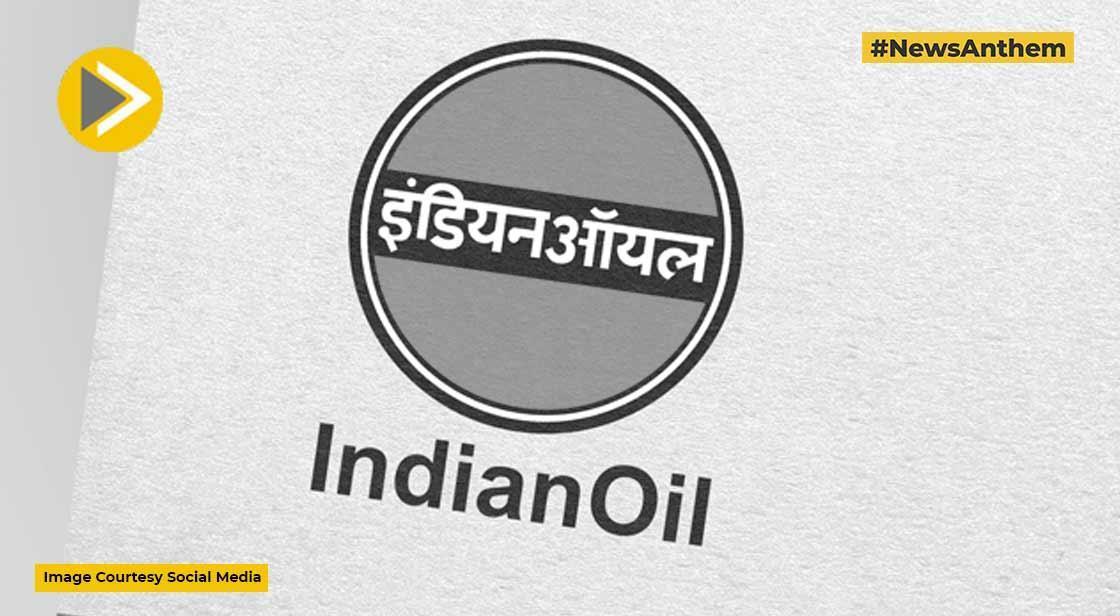IndianOil’s Panipat Refinery Becomes First in India to Produce SAF from Used Cooking Oil

Podcast
News Synopsis
IndianOil’s Panipat refinery in Haryana has achieved a significant milestone by winning the International Civil Aviation Organization’s (ICAO) ISCC CORSIA certification to produce Sustainable Aviation Fuel (SAF) from used cooking oil, the company chairman Arvinder Singh Sahney announced. “We are the only company in the country to get this certification,” he stated.
Production and Supply Chain Plan
The refinery is slated to begin producing approximately 35,000 tonnes per annum of SAF “from the end of the calendar year.” This volume is projected to fulfill the 1 per cent blending requirement of SAF in aviation turbine fuel (ATF) set by the Indian government for international airlines by 2027.
To source the raw material, used cooking oil will be collected from major hotel chains, restaurants, and snack producers such as Haldiram. The collected oil, which until now has largely been exported after single-use disposal, will feed into Panipat’s SAF production pipeline. “There is a large amount of such oil available in the country.
The only challenge is collection. While it is easy to collect from large hotel chains, a solution needs to be found for collection from small users, including households,” IndianOil chairman Arvinder Singh Sahney highlighted.
India’s SAF Blending Roadmap
India aims to phase in SAF blending gradually—1 per cent for international flights starting 2027, with a planned increase to 2 per cent in the following year. SpiceJet was the first to experiment with biofuel in aviation when it operated a test flight in August 2018 powered by a mix of 75% conventional ATF and 25% biofuel. Later, in February 2022, IndiGo carried out a demonstration flight that used a 10% blend of Sustainable Aviation Fuel (SAF) with standard jet fuel.
Koyali Refinery’s ₹5,000 Crore Butyl Acrylate Venture
Parallel to its SAF initiative, IndianOil has inaugurated a ₹5,000 crore, 150,000 tonnes per annum Butyl Acrylate (BA) plant at its Koyali refinery in Gujarat. The facility, commissioned in July, is now the second of its kind in India after BPCL’s Kochi unit. Sahney said this will help eliminate the need to import up to 3,20,000 tonnes of paint industry feedstock annually. Combined with the Kochi plant, this capacity could substitute 80–90 per cent of India’s BA imports.
Green Hydrogen: The Next Big Frontier at Panipat
In another green-energy leap, IndianOil has awarded the tender for India’s largest green hydrogen plant (10,000 tonnes per year) at the Panipat refinery to L&T, with completion expected in 27 months. Green hydrogen, produced through water splitting using renewable energy, emits only water vapor and leaves no harmful residues.
Cost has traditionally been a barrier, but thanks to India’s relatively inexpensive renewable electricity, production costs are now below USD 4 per kg. IndianOil plans to deploy this hydrogen within its Panipat operations to replace grey hydrogen, commonly derived from fossil fuels, in hydrocracking units.
A Broader Push into Renewable and Sustainable Technologies
Beyond SAF, BA, and green hydrogen, IndianOil continues to invest in renewables and sustainable energy technologies including 2G ethanol, fuel cells, bio-diesel, and energy storage devices. “IndianOil remains agile and nimble in product innovation and meeting fast-changing energy dynamics,” Sahney assured, adding that “a lot of other innovations are in the works, which will be unveiled when they mature.”
Ensuring Sustainability and Traceability
The ISCC CORSIA certification for SAF reflects rigorous assessments in lifecycle carbon emissions and traceability, offering airlines a verified, environmentally-responsible route to integrate sustainable fuels. Certification also sets a benchmark for other domestic refiners, aligning with India's net-zero by 2070 vision.
Conclusion: Paving the Way to a Greener Aviation Future
IndianOil’s breakthrough at the Panipat refinery, along with its Koyali BA plant and green hydrogen plans, reinforces its position as a trailblazer in India’s energy transition, bringing the country closer to a greener and cleaner aviation future.





